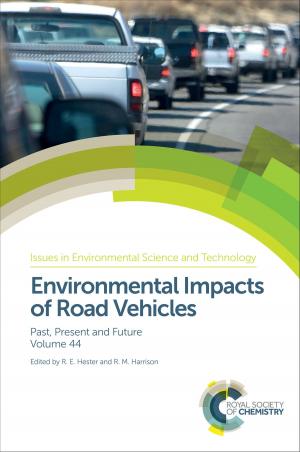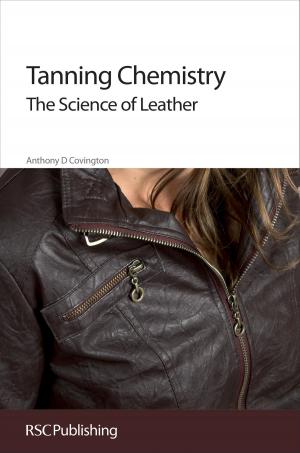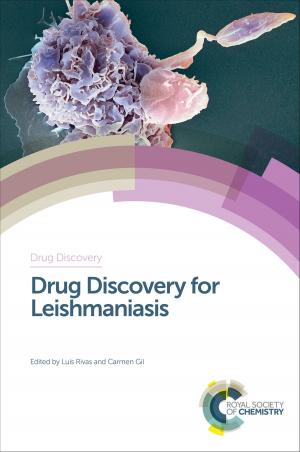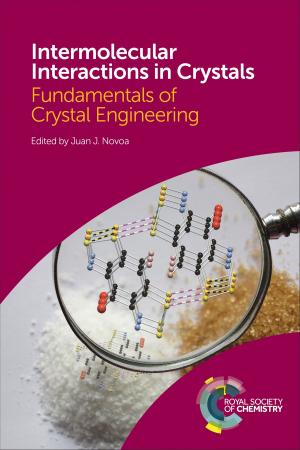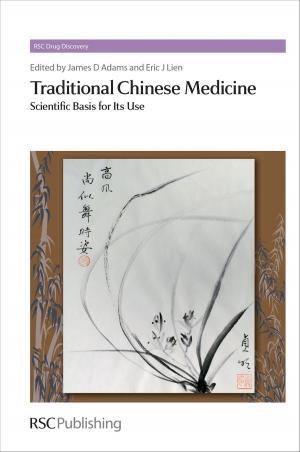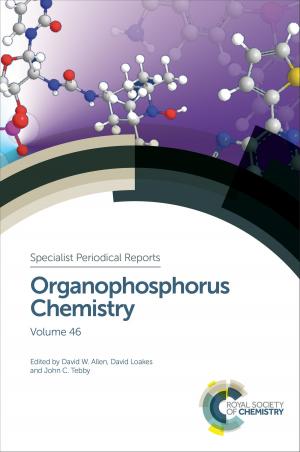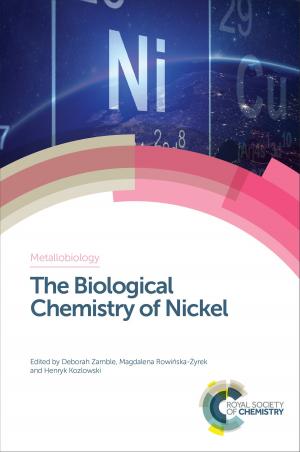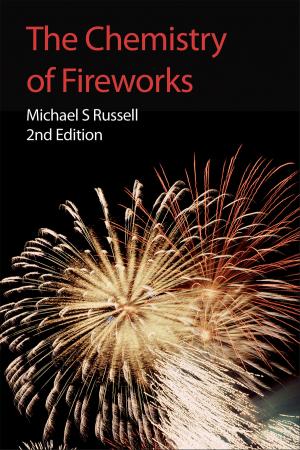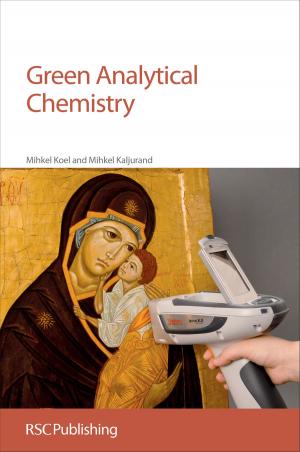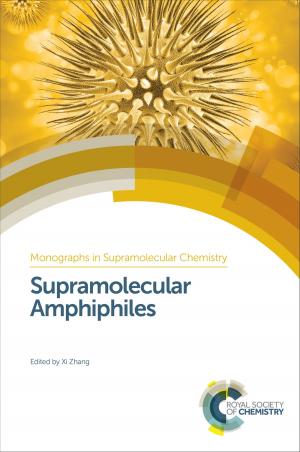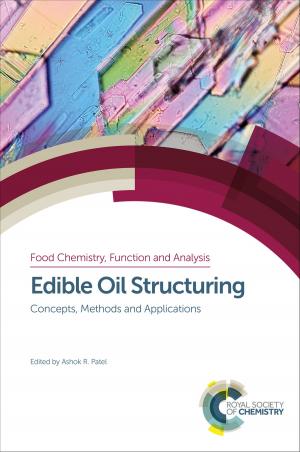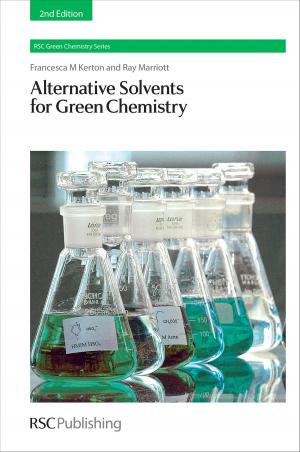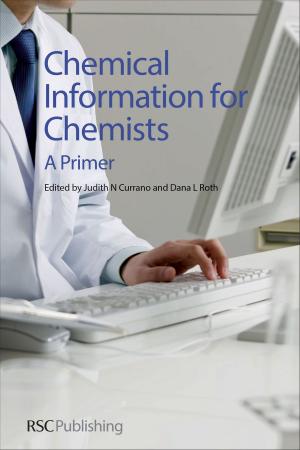Chlorinated Solvents
A Forensic Evaluation
Nonfiction, Science & Nature, Science, Chemistry, Analytic, Biological Sciences, Environmental Science, Technology| Author: | Robert D Morrison, Brian L Murphy, Robert Morrison, Stephen Mudge | ISBN: | 9781782626077 |
| Publisher: | Royal Society of Chemistry | Publication: | November 9, 2015 |
| Imprint: | Royal Society of Chemistry | Language: | English |
| Author: | Robert D Morrison, Brian L Murphy, Robert Morrison, Stephen Mudge |
| ISBN: | 9781782626077 |
| Publisher: | Royal Society of Chemistry |
| Publication: | November 9, 2015 |
| Imprint: | Royal Society of Chemistry |
| Language: | English |
Environmental forensics is emerging and evolving into a recognized scientific discipline with numerous applications, especially regarding chlorinated solvents. This unique book provides the reader with a concise compilation of information regarding the use of environmental forensic techniques for age dating and identification of the source of a chlorinated solvent release. Concentrating on the five commonly encountered chlorinated solvents (perchloroethylene, trichloroethylene, methyl chloroform, carbon tetrachloride and CFC-113), forensic opportunities applicable to each are presented including the use of stabilizers, manufacturing impurities, surrogate chemicals and physical measurements and degradation products as diagnostic indicators. Detailed historical chronology of the applications of the solvents and specific chapters devoted to dry cleaning and vapor degreasing equipment are included as are generic forensic approaches. Forming a basis for further ideas in the evolution of environmental forensic techniques, Chlorinated Solvents will be an indispensable reference tool for researchers, regulators and analysts in the field.
Environmental forensics is emerging and evolving into a recognized scientific discipline with numerous applications, especially regarding chlorinated solvents. This unique book provides the reader with a concise compilation of information regarding the use of environmental forensic techniques for age dating and identification of the source of a chlorinated solvent release. Concentrating on the five commonly encountered chlorinated solvents (perchloroethylene, trichloroethylene, methyl chloroform, carbon tetrachloride and CFC-113), forensic opportunities applicable to each are presented including the use of stabilizers, manufacturing impurities, surrogate chemicals and physical measurements and degradation products as diagnostic indicators. Detailed historical chronology of the applications of the solvents and specific chapters devoted to dry cleaning and vapor degreasing equipment are included as are generic forensic approaches. Forming a basis for further ideas in the evolution of environmental forensic techniques, Chlorinated Solvents will be an indispensable reference tool for researchers, regulators and analysts in the field.

